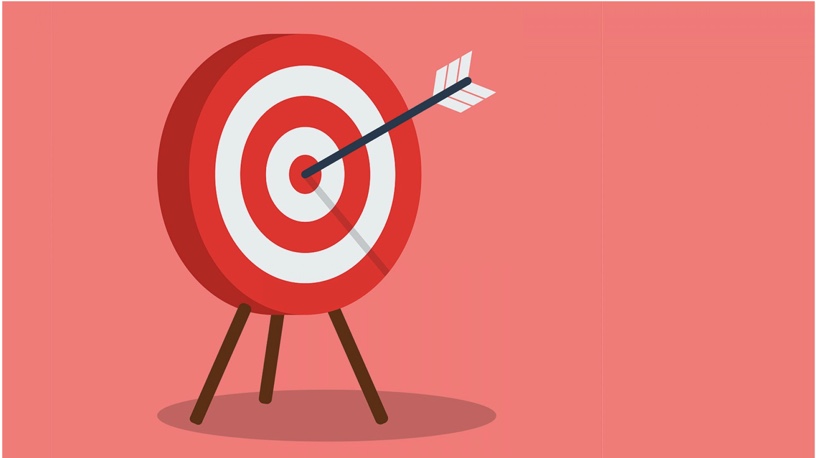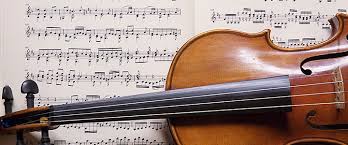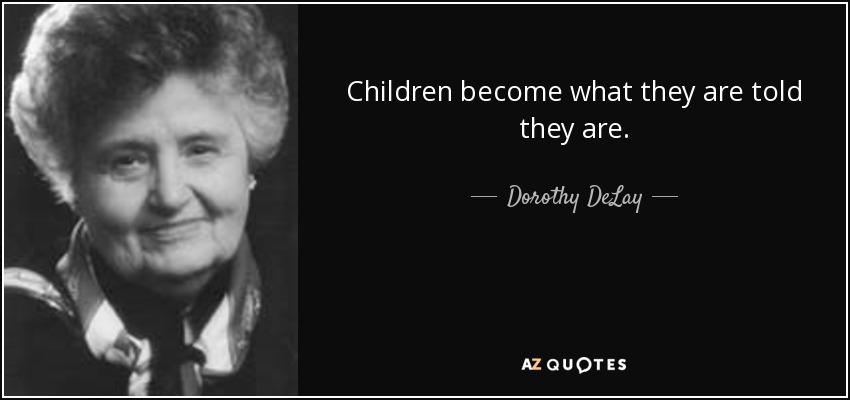
New Year - New Goals
New Year - New Goals
Hello again! This article is a bit different from those that I usually write. It might remind you of a self-development book. As you might have realized from the title, it is about goal setting. I will talk about why it is important to set specific goals and how to do this effectively.
For a violinist the new year starts in September where the academic year begins, and this is probably the best time to set the goals for the year. However, the beginning of the calendar year is also a good opportunity to set goals because then we feel that something new begins.
It is very important to set goals because in that way you can clarify how you want to improve as violinists and what to succeed in your career. Furthermore, when you are clear on what you want to achieve, then you can organize your practicing more effectively.
The first step of the goal setting process is to decide your goals. Students can do this together with their teacher. Professionals could decide them in discussion or consultation with a colleague whose opinion they trust.
Your goals could emerge through four simple questions:
- What new knowledge do I want to gain?
- What do I want to change or improve in my playing?
- What do I want to improve or change as a musician?
- What do I want to accomplish in my career as a performer?
To be able to answer these questions you first have to be very clear and honest about your strengths and weaknesses as violinists and musicians. In other words, where do you start and where do you want to go. Furthermore, your goals need to be specific and measurable. For example, “I want to improve my right arm” or “I want to play more expressively” are not specific goals. On the contrary, “I want to be able to play with full bow hair near the bridge” is an example of a specific goal.
Your goals will probably fall under five general categories.
- Technique;
- Interpretation;
- Psychology of performance;
- Career Goals; and
- General musical knowledge.
These general categories have several subcategories which you need to examine. For example, the subcategories of technique could include intonation, ease, sound production or some specific technique like double-stops or spiccato. Whatever your goals, it is very important to write them down on a piece of paper. This way they will be imprinted onto your subconscious mind. Also, if you have your goals written on a piece of paper, you will be able to have a look at them every day. This will keep them fresh in your mind and also allow you to update them whenever new circumstances arise.
The next step is to prioritize your goals. You need to choose from your list, the goal that will have the greatest impact on your playing. If for example, one of the goals on your list is “To be able to make different vibrato speeds” and another one is “to improve memory skills”, then the vibrato goal will obviously have more impact on your playing.
You can prioritize your goals also by deciding which goal leads to the other. If one goal is “I want to improve double-stops” and another is “I want to perform Paganini Caprice no. 9 at my next recital” then improving double-stops should precede.
Once you decide which is the most important goal on your list, write it down on a piece of paper. Underneath it, make a plan of everything you need to do in order to achieve it. This plan can include the exercises and the repertoire that you need to practice, the new knowledge you need to obtain or the people whose opinion you shall seek.
The final step is evaluation. You need to evaluate constantly if you are progressing towards your goal. There are several ways to do that. A very popular one is video recording. By recording your practicing, you can see what works well and what needs a different approach. Another way is to ask for feedback from a colleague whose opinion you value. When you feel confident that you have achieved your goal, then it is time to take the ultimate test which is a live performance. Only then can you be absolutely sure that the aspect of your playing that you focused on all this time has indeed improved.
Setting and attaining goals is a skill that needs time and practice. Mistakes and setbacks are inevitable and a part of the learning curve. You have to see these mistakes and setbacks as guides on how to move forward and not as an excuse to quit your efforts.
I wish you all the best for this new year.
Practice well.



